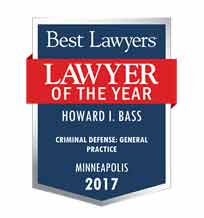Controlled substances, like alcohol, can impair a person’s judgment and impair him or her physically. Stats show that cocaine ranks second among the most illegally trafficked substances worldwide, and anyone in Burnsville, Minnesota, caught with it can face various penalties.
Overview of drug laws in Minnesota
Minnesota divides drug charges into five groups, Schedules I to V, based on the substance’s addictive potential. Schedule I includes the most addictive drugs, such as methamphetamine, LSD, ecstasy, cocaine and heroin, that have no legal medical use. Schedule II substances, such as methadone, morphine and opium, have a high rate of addiction but include some prescription drugs.
A driver can get charged with DWI when he or she is knowingly impaired by any amount of controlled Schedule I and II substances. The penalties for a first drugged driving offense include a $10,000 fine and a maximum of 90 days in jail, but they could vary.
Penalties for possession and selling
Possession is usually defined on state and federal levels as a person knowingly and willingly possessing illegal drugs. Possessing 0 to 3 grams of cocaine is a fifth-degree felony that carries penalties of up to five years in jail and $10,000 fines. Possessing over 25 grams or more counts as a first-degree felony and could land someone in jail for up to 30 years and/or require him or her to pay a $1 million fine.
Charges for the sale of cocaine count as a first-degree felony, and the penalties could be a 20-year jail sentence and a $250,000 fine. Selling less than 42 grams commonly counts as a misdemeanor without remuneration and a $200 fine.
Aggravating factors, such as past offenses and using minor children to transport or sell weapons, could increase the penalties. Sometimes, alternative sentencing, such as drug court, is available to offenders with nonviolent offenses as a jail alternative.
The prosecution has the burden of proof to prove the defendant is guilty, which includes testing the substance. The defendant can use several valid defenses to fight the charges, such as not knowing he or she was in possession of the drug.


